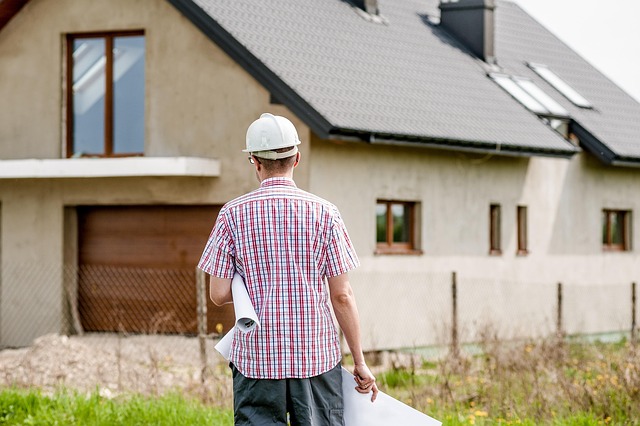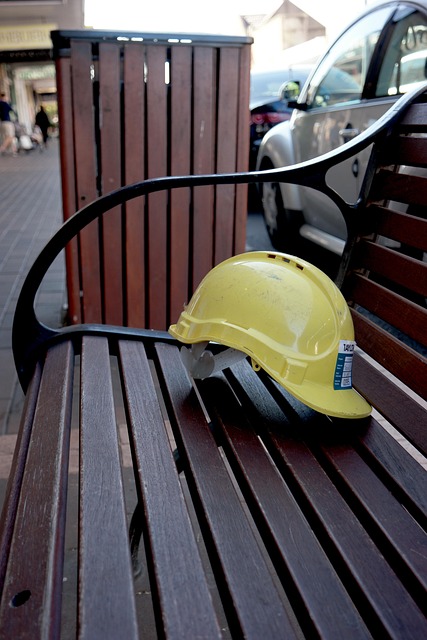Clear goals, including timelines, budgets, and outcomes, are essential for Real Estate success. Regular quality checks during construction prevent issues, maintain standards, and satisfy clients in a competitive market. Open communication fosters collaboration, resolves obstacles promptly, enhances quality, builds trust, and drives successful Real Estate ventures.
In the dynamic realm of real estate, monitoring progress and ensuring quality workmanship are paramount to project success. To achieve this, set clear goals for completion using well-defined milestones and timelines. Implement regular quality checks at every stage to maintain high standards. Foster open communication channels between all stakeholders to address issues promptly and ensure alignment. By adopting these strategies, real estate developers can deliver exceptional projects that meet client expectations and thrive in a competitive market.
Set Clear Goals for Project Completion

Setting clear goals is paramount in the real estate industry, especially when monitoring progress and ensuring quality workmanship. Before commencing any project, whether it’s construction, renovation, or property management, establishing well-defined objectives is essential. These goals should encompass timelines, budget constraints, and expected outcomes. For instance, a goal could be to complete a property restoration within three months while adhering to a set budget.
By setting these clear parameters, teams can effectively track their progress and identify potential issues early on. It allows for regular assessments, ensuring that the project stays on course and meets the required standards. This strategic approach is vital in the real estate sector, where clients expect excellence and timely deliveries, making it a key component in delivering successful projects.
Implement Regular Quality Checks

In the competitive real estate market, ensuring quality workmanship is paramount to gaining and retaining a strong client base. Implementing regular quality checks throughout every stage of construction or renovation projects is an indispensable practice. These thorough inspections not only identify minor issues early but also prevent major problems that could arise later, significantly reducing costs for both developers and buyers.
By establishing consistent quality control measures, real estate professionals can maintain high standards across diverse project types—from luxurious apartment complexes to cozy family homes. Such checks should encompass structural integrity, aesthetic appeal, and adherence to safety regulations. Regular feedback loops between construction teams, architects, and quality assurance specialists foster an environment of continuous improvement, ultimately enhancing the overall value and longevity of real estate properties.
Foster Open Communication Channels

In the dynamic realm of real estate, fostering open communication channels is paramount for monitoring progress and ensuring quality workmanship. When teams, clients, and stakeholders engage in transparent dialogue, everyone involved benefits from a clearer understanding of project goals, timelines, and potential challenges. This collaborative approach allows for timely issue resolution and ensures that everyone is aligned with the desired outcome.
By encouraging open communication, real estate projects can navigate complexities more effectively. Whether it’s discussing design modifications, addressing construction delays, or sharing feedback on completed phases, regular conversations maintain a strong project momentum. This not only enhances overall quality but also builds trust among all parties, fostering a harmonious working environment that is essential for successful real estate ventures.






